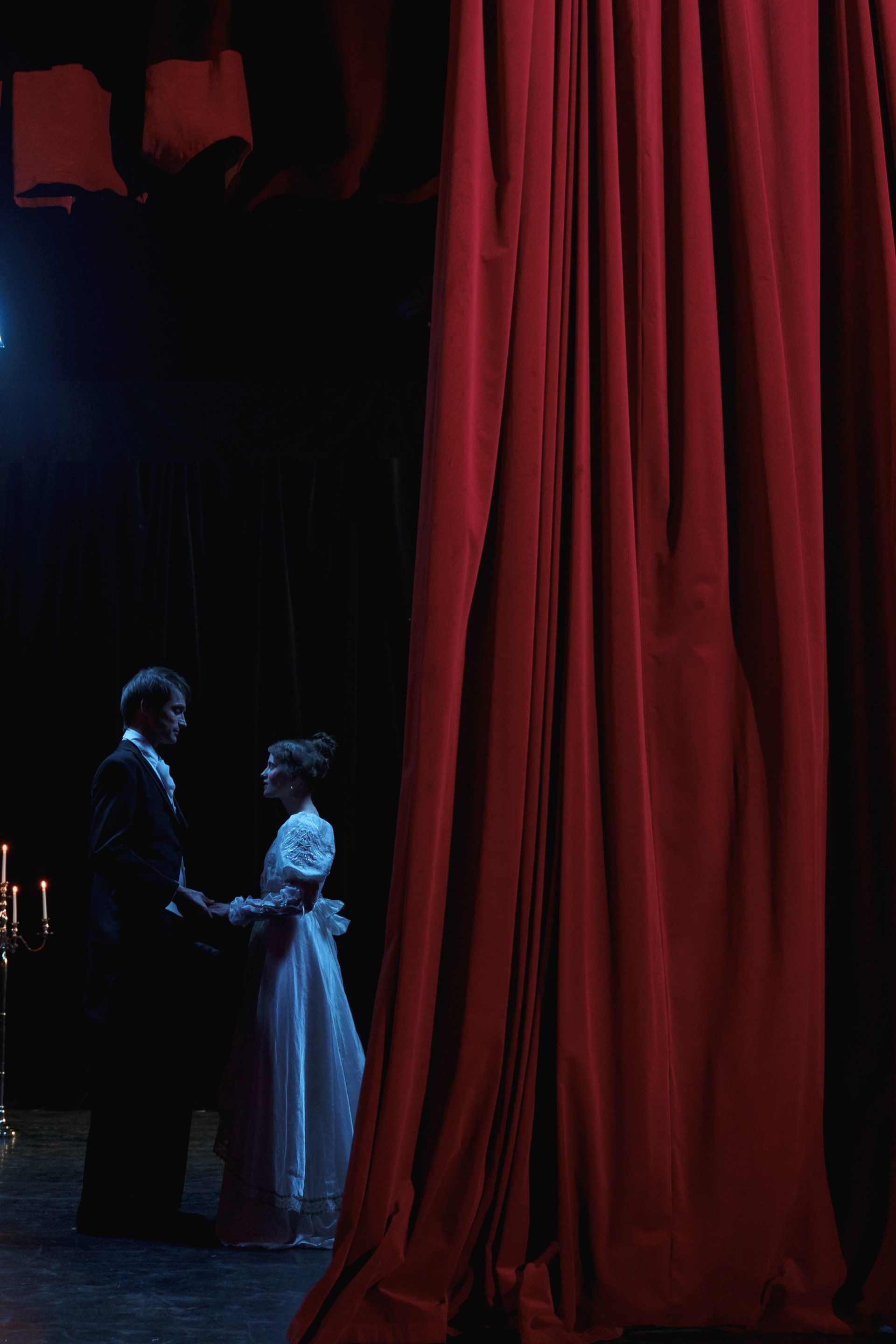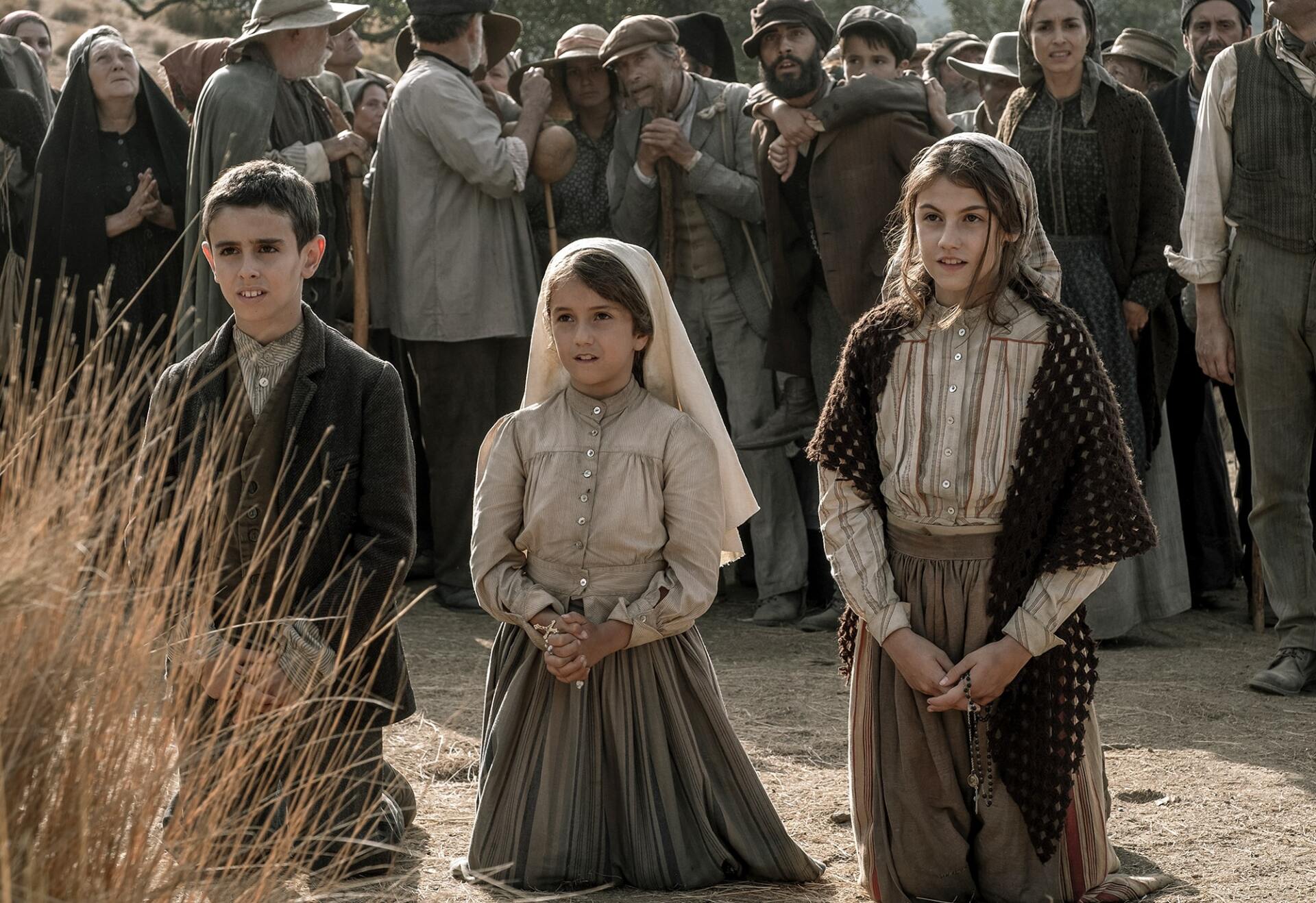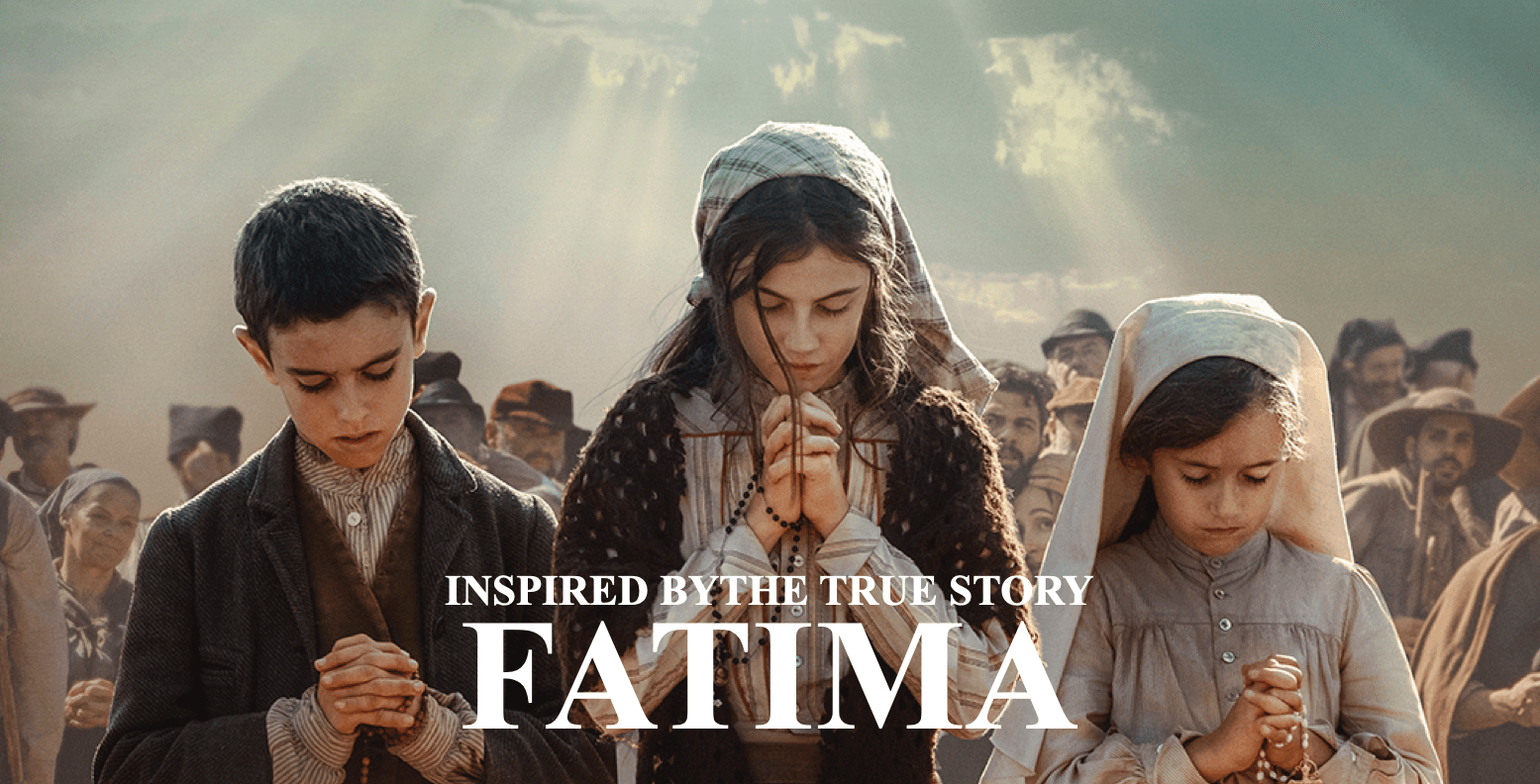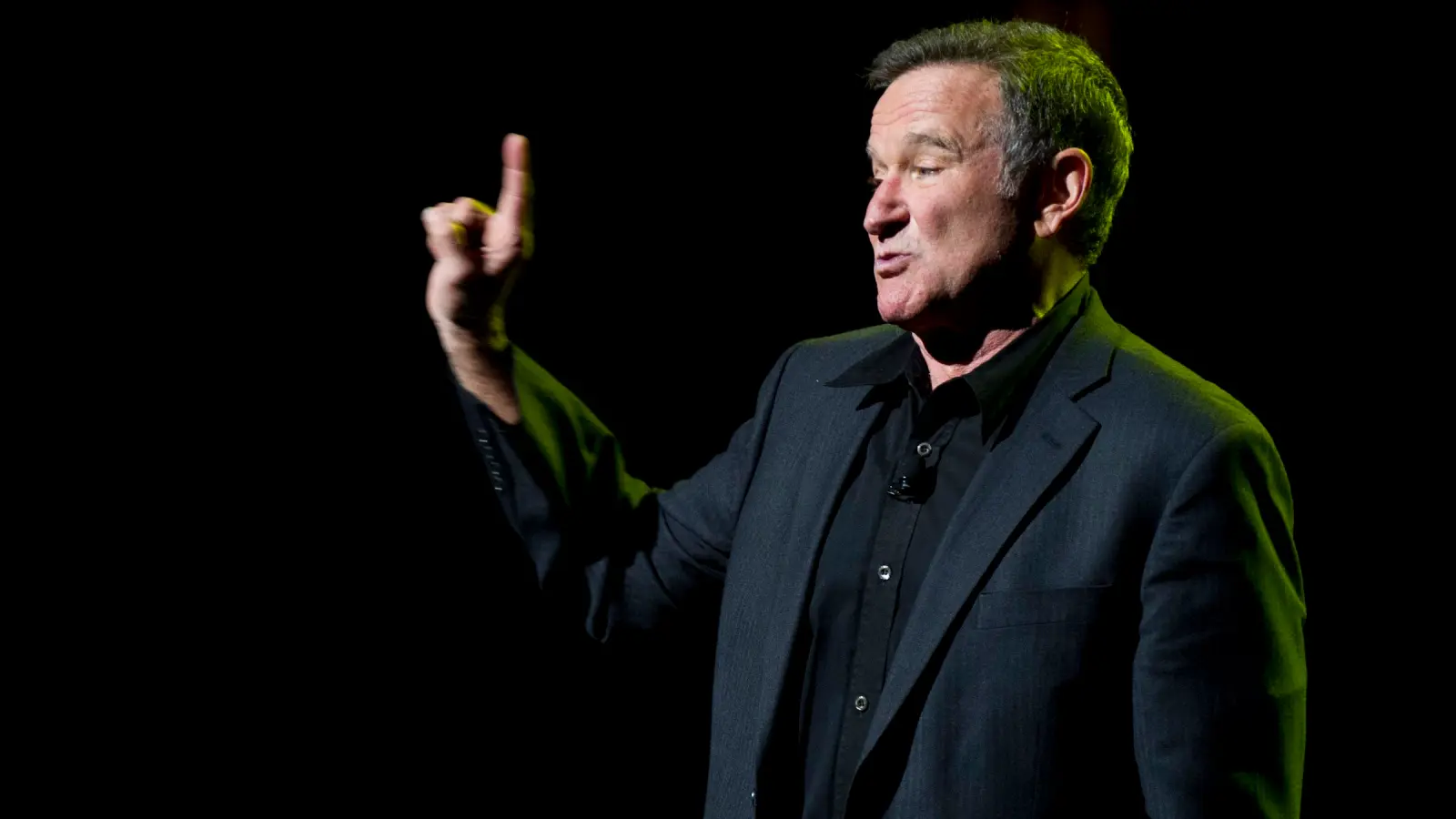Hollywood’s New Bible Stories
When it sets sail in the coming film “Noah,” a massive 148-foot wooden ark will carry not only a slew of zoo animals, but one of Hollywood’s biggest wagers in years.
“Noah,” a $125 million epic from Viacom’s Paramount Pictures, starring Russell Crowe and directed by Darren Aronofsky, is one of a boatload of religious films in the works from major movie studios.
There are compelling economic reasons for Hollywood to embrace the Good Book. The studios are increasingly reliant on source material with a built-in audience, something the Bible—the best-selling book in history—certainly has. And like the comic-book superheroes that movie companies have relied on for the past decade, biblical stories are easily recognizable to both domestic and the all-important foreign audiences. What’s more, they’re free: Studios don’t need to pay expensive licensing fees to adapt stories and characters already in the public domain.
With floods, plagues, burning bushes and parting seas, Bible movies make great vehicles for big-budget special effects, a key selling point for a wide swath of audience members. Paramount is hoping “Noah” will connect with religious Americans who “may not necessarily go to more than one or two movies a year,” said Paramount Vice Chairman Rob Moore.
In addition to “Noah,” Time Warner’s Warner Bros. Pictures is developing a movie about Moses, tentatively titled “Gods and Kings,” which Steven Spielberg is in talks to direct, according to people familiar with the matter. Warner Bros. also recently acquired the script for “Pontius Pilate.” Another Moses project, “Exodus,” is in development at News Corp.’s 20th Century Fox, with Chernin Entertainment producing and Ridley Scott expected to direct. (News Corp. also owns The Wall Street Journal.)
Sony Pictures is developing “The Redemption of Cain,” a supernatural film loosely inspired by the fratricidal tale of Cain and Abel, a project slated to be Will Smith’s directorial debut. And Lionsgate will distribute “Mary, Mother of Christ,” which is being billed as a prequel to “The Passion of the Christ.”
Not since the 1950s has Hollywood been so smitten with scripture. After World War II, Hollywood relied on religious epics as vehicles for its biggest stars, particularly Charlton Heston, who carried both 1956’s “The Ten Commandments,” about Moses’ exodus from Egypt, as well as 1959’s “Ben-Hur,” about a Jewish prince sent into slavery and rescued by Jesus, only to witness Jesus’ crucifixion. Cecil B. DeMille’s biblical epic “Samson and Delilah,” released in 1949, was another hit.
By the 1960s, however, several epic-style biblical movies flopped, including 1965’s “The Greatest Story Ever Told,” which cost $20 million, a substantial sum at the time, and took in only $1.2 million. As a result, pricey religious movies and musicals were blamed for the movie industry’s financial troubles during those years, said Drew Casper, a film historian and professor at the University of Southern California. “These were genres to be avoided from this point on,” Mr. Casper said.
The postwar secularization of American culture that gained momentum in the 1960s and ’70s caused biblical films to fall further out of favor, Mr. Casper said.
The last overtly biblical film to capture mainstream audiences was “The Passion of the Christ,” Mel Gibson’s 2004 movie about the crucifixion of Jesus Christ, which took in $611.9 million world-wide. But few solidly biblical tales have found major commercial success in recent years. DreamWorks Animation SKG’s highly touted 1998 animated film “The Prince of Egypt” took in $218.6 million world-wide, below expectations.
For the studios, the commercial benefits of reviving biblical movies could be substantial. For one, the comic-book heroes Hollywood has banked on for the past 10 years require studios to pay licensing fees with publishers, authors and heirs who own copyright to the characters. Walt Disney’s Marvel Entertainment, for instance, licenses its Spider-Man property to Sony and its X-Men to Fox. Marvel receives a percentage of the film’s gross, estimated by analysts to be as high as 5%. Licensing also opens the door to legal skirmishes, such as Warner Bros.’ protracted copyright battle over the rights to the Superman franchise.
The bible also provides plenty of dramatic storylines and characters. “If you’re doing big, epic effects films, you’re going to run out of flying superheroes. These are superheroes of the ancient time,” said Bob Berney, who oversaw the marketing of “The Passion of the Christ” when he was president of Newmarket Films.
Still, biblical material presents plenty of challenges. Not only have the stories been subjected to centuries of interpretation and scholarly research, but each individual filmmaker, studio executive and moviegoer approaches the content with his or her own perspective, and religion is an area where there is typically little consensus.
The potential downside is significant, said Jonathan Bock, president of Grace Hill Media, a marketing firm that has helped several Hollywood studios target religious audiences. “You do it wrong, and not only are you not going to get your wider audience, but you’re not going to get your core,” he said.
Controversy embroiled “The Last Temptation of Christ,” Martin Scorsese’s 1988 film about the life of Jesus Christ and the temptations he faced. The film—including a scene where Jesus imagines himself having sex with Mary Magdalene—drew outrage from numerous Christian fundamentalist groups, which staged boycotts and protests of the movie and Universal Studios. The film, which was banned in several countries for years, was a flop, taking in just $8.4 million.
Several industry executives say that today’s audiences may be open to the inspirational lessons of the Bible at a time when much of the world is facing economic turmoil and the Middle East is racked by political instability.
Director Paul Verhoeven, whose credits include “Black Book,” “Showgirls,” and “Basic Instinct,” said he was motivated to develop “Jesus of Nazareth,” a feature film based on a book he co-wrote, because he believes modern culture can benefit from Jesus’ story.
“I strongly feel that what I call the new ethics of Jesus—love your enemy—should be applied in our human thinking and are not very often done so,” said Mr. Verhoeven.
Mr. Verhoeven’s movie is being financed by the production company of Chris Hanley, whose films have included “American Psycho” and “The Virgin Suicides.”
Some filmmakers have recently discovered yet another motivation: counteracting the waves of violence rippling across the Middle East as a result of an anti-Islamic film clip posted to Google’s YouTube.
“That movie did such destruction, and when I see something like this happen, I do hope that maybe we can help in some small way,” said Mary Aloe, a producer of “Mary, Mother of Christ.”
Paramount has designed the production schedule of “Noah” to accommodate extra time for script consultation with biblical scholars and, in the postproduction phase, for test screenings for religious groups. As a result the film isn’t scheduled for release until March 2014.
Written by Mr. Aronofsky (who directed “Black Swan”), his longtime collaborator Ari Handel and John Logan (who co-wrote “Gladiator”), the movie is filming in the U.S. and Iceland now.
Because the book of Genesis, which is the basis for the film, provides only a rough sketch of the “Noah” story line, Mr. Aronofsky and his team will have to flesh out the narrative with their own interpretations. And that’s where things can get tricky.
“There’s creative interpretation that goes into things that aren’t directly addressed in the underlying material, and so you always run the risk that people take exception to those stories,” Mr. Moore said.
Once that process is complete, the challenge shifts to getting both mainstream moviegoers and religious audiences into theater seats, a process that relies both on specialized marketing to those eager for a faith-based film as well as marketing that appeals to those searching for a “popcorn” movie.
The marketing team on “The Passion of the Christ” successfully threaded that needle, despite the significant challenges presented by its subtitles and R rating. “Our job was to make it more ‘Braveheart,’ ” said Mr. Berney. “Really to make it a big, epic action movie in the genre.”
His team emphasized the music and action in the film’s promotional campaign, and by selling it as a “Mel Gibson movie.”
For “Noah,” Paramount plans to employ a dual-pronged marketing strategy.
“To the frequent moviegoer, we’ll be selling it as an action-adventure movie with spectacular visual effects and with great filmmakers and an amazing cast,” Mr. Moore said. The studio will also be “directly appealing to groups who we hope will come to it as a way to talk about and think about a story of faith, either with their family or even potentially reaching out to youth groups.”
Ultimately, said Mr. Bock at Grace Hill, “you have two cultures that are rediscovering each other. Hollywood has the best storytellers. And religion has the best stories.”
Write to Erica Orden at erica.orden@wsj.com











